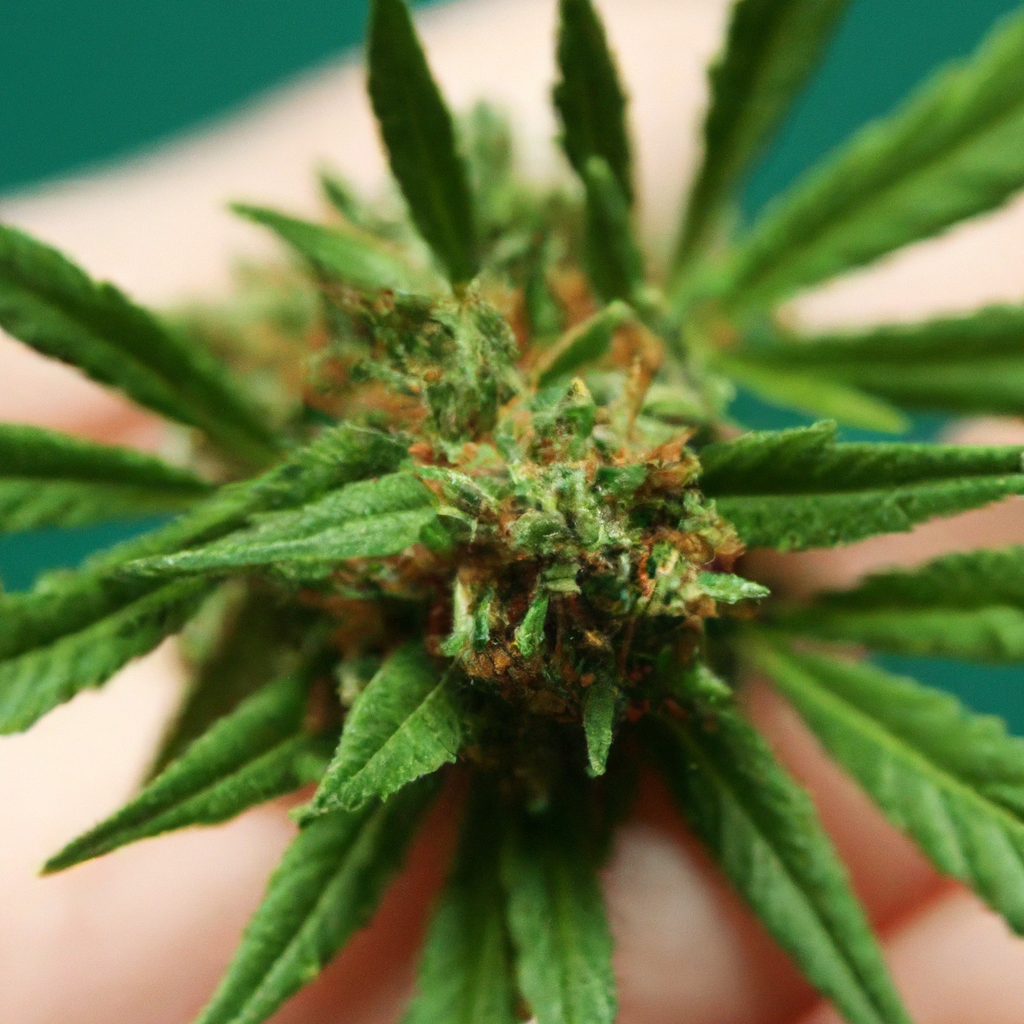If you’re new to the world of cannabis, you might be hearing a lot about “tolerance.” What is it, why does it matter, and how can it affect your cannabis experience? In this article, we’ll cover the basics of cannabis tolerance and provide some insights to help you manage and understand your journey with cannabis.
What is Cannabis Tolerance?
Cannabis tolerance refers to the body’s adaptation to the presence of cannabinoids, particularly THC, over time. As you use cannabis more regularly, you might find that you need higher doses to achieve the same effect compared to when you started. This is because your body becomes accustomed to the cannabinoids and starts requiring more to produce the desired sensations.
Factors Influencing Tolerance
- Frequency of Use: The more often you consume cannabis, the quicker your body adapts, leading to higher tolerance levels.
- Method of Consumption: Whether you smoke, vaporize, or consume edibles, the mode of delivery can impact tolerance buildup.
- Individual Biology: Each person’s metabolism and endocannabinoid system respond differently, affecting how fast or slow tolerance develops.
Managing Cannabis Tolerance
For beginners, managing your tolerance level can help you maintain enjoyable experiences while minimizing consumption. Here are a few strategies to consider:
- Tolerance Breaks: Take breaks from using cannabis to reset your tolerance. A few days or weeks can often suffice.
- Alternate Products: Try different strains or cannabinoid profiles (like CBD-rich products) to see different effects.
- Moderate Consumption: Keep track of your usage to prevent over-consumption which can lead to quicker tolerance development.
Conclusion
Understanding and managing your cannabis tolerance can be key to maintaining effective and enjoyable experiences. Remember, each journey is unique, and finding what works for you is part of the process. Embrace the learning curve, and have fun exploring the diverse world of cannabis. As always, practice responsible consumption to ensure a positive relationship with the plant.


Leave a Reply